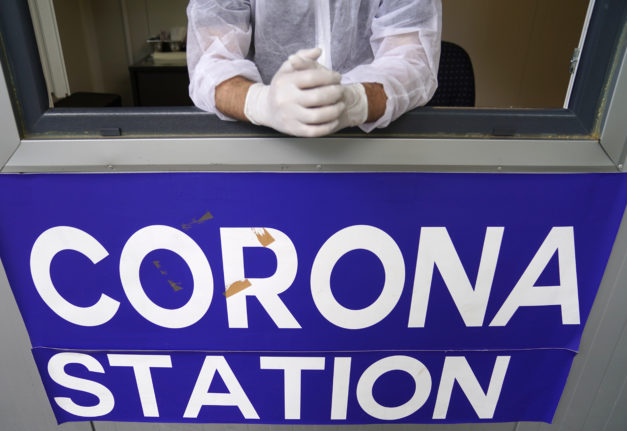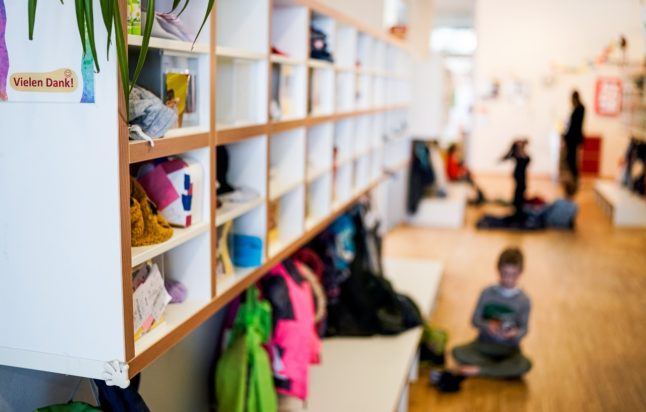Covid-19 infections are sweeping through the country this summer. On Tuesday, Germany reported 147,489 Covid cases within the latest 24 hour period, and 102 deaths.
The number of seriously ill Covid patients in intensive care units in Germany rose to 1,000 on Sunday, and 1,062 on Monday, according to the German Interdisciplinary Association for Intensive and Emergency Medicine (DIVI). The number of ICU patients hasn’t been at this level since mid-May.
At the last highest point – in December 2021 – just under 4,900 seriously ill patients were being treated with Covid-19 in ICUs, after which the figures dropped with phases where they plateaued.
And now the increasing staff shortages – due to people getting Covid and having to isolate – is causing growing concern among hospitals and doctors, especially as experts believe it will get worse after summer.
“We are receiving reports from all federal states that individual wards and departments are having to be closed, due to a lack of staff,” the head of the board of the German Hospital Association (DKG), Gerald Gaß, told the Redaktionsnetzwerk Deutschland.
At times, emergency admissions are also being cancelled at rescue coordination centres. “This situation worries us considerably with a view to the upcoming autumn,” said Gaß.
READ ALSO: German politicians clash over Covid rules for autumn
Infection figures have risen sharply in recent weeks. The 7-day incidence on Tuesday stood at 687.7 infections per 100,000 people, but experts believe many cases are going unreported.
“Although the occupancy rate in intensive care is only rising moderately, it is relatively high for a summer, and the beds available are becoming fewer and fewer due to the shortage of staff,” the scientific director of the ICU registry, Christian Karagiannidis, told the Düsseldorf-based Rheinische Post on Tuesday.
He said clinics and hospitals should work to allocate capacity across the country.
“This includes regional networks for the best possible distribution of patients by level of care,” he said. “Cooperation, but also relieving the burden on staff, will be the order of the day this autumn and winter,” said Karagiannidis, who also sits on the government’s council of experts team.
Germany’s Covid-19 rules still require that people who get Covid isolate for at least five days or a maximum of 10 days. The rules differ from state to state on how people can end the quarantine period. But health and care workers need to have a negative Covid test (PCR or antigen) taken five days into isolation at the earliest before they can return to work, plus a prior 48-hour symptom-free period.
READ ALSO: The Covid rules in place across German states
The German Foundation for Patient Protection rejected a demand to shorten the quarantine period. Wolfgang Kubicki, vice-chairman of the FDP, had proposed people should be able to take a test after only three days to leave isolation.
This “fuels the uncontrolled spread of corona”, said Eugen Brysch, Chairman of the foundation. “That is why the isolation period for corona-positive patients must be extended to 10 days,” Brysch recommend, adding: “This may only be shortened if a PCR test is negative.”



 Please whitelist us to continue reading.
Please whitelist us to continue reading.
Member comments